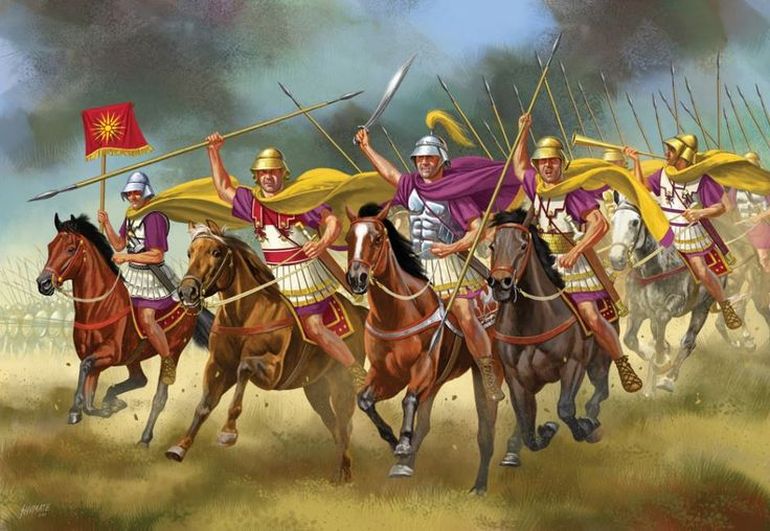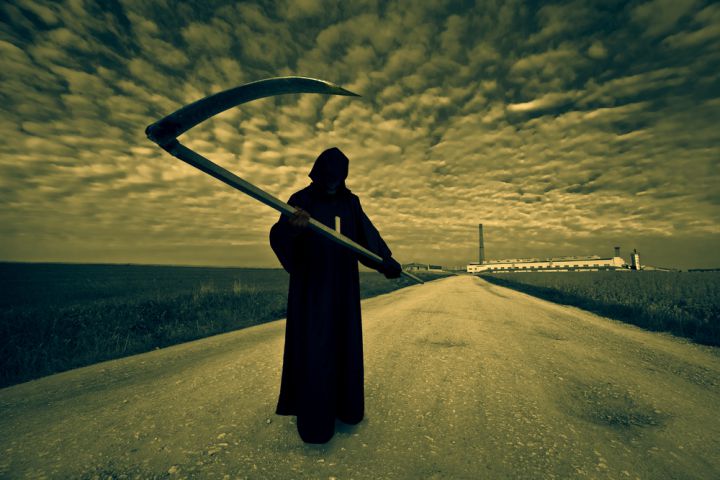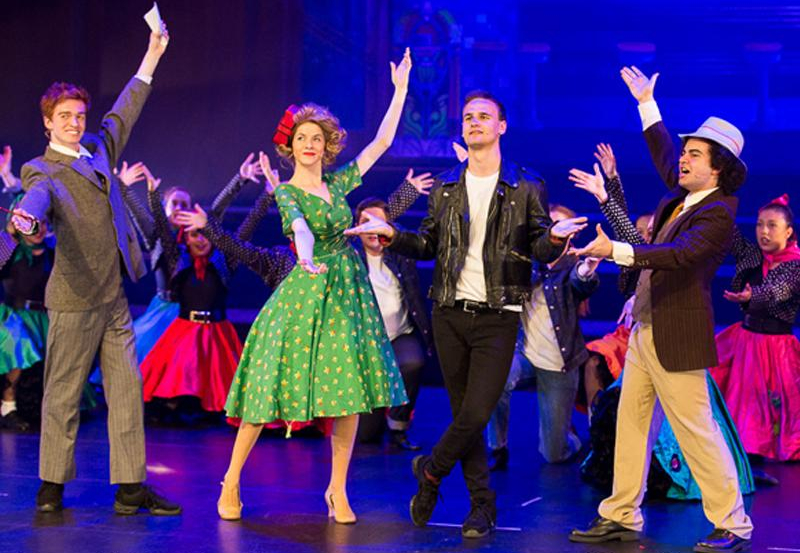"As I went by the way when I was thus awakened
I walked with a sad Heart and a heavy spirit;
I knew not where nor what to eat for dinner,
It was near the high noon when Need came toward me."
Awake or asleep? When the conversation with Need is over Langald falls asleep, so perhaps the conversation is a soliloquy. The idea is logical enought because of the mid-day hunger described. The previous passage was all about the contrast between lofty principles and practical survival and Langalnd reflects that basic human requirements trump the letter of the law.
Lo! if he longs to drink, it is the law of nature
That he drink at every ditch before he die thirsting.
So Need in our necessity may number us in his service
Without consent of Conscience or Cardinal Virtues,
For as long as we shall pursue the law of Temperance."
Langland then falls asleep once more and dreams about Antichrist launching his attack on the Christian commune.
"Antichrist soon had hundreds at his banner,
And Pride bore it boldly before him,
With the lord who lived after the liking of the body.
Conscience responds by urging all Christians to withdraw into Unity (the church) and by calling on Nature to defeat the enemy. Nature at this point stands for the multiple illnesses that affect men and several lines are devoted to the sufferings nature can impose. His response to the request from Conscience made no distinction between the two sides.
"Kings and knights, kaisers and pontiffs,
Laity and learned; he let none withstand him
Whom he hit evenly; they never stirred after!
Many a lovely lady whom knights loved dearly
Swayed and swooned as Death struck her."
It is not made clear why Conscience seeks help from Nature, who kills his friends as well as the army of antichrist. Possibly it is a general intention to promote better living through the fear of death. It may also have been sparked by a real-life epidemic at the time of writing. Whatever the reason, Conscience asks Nature to stop.
"Then Conscience kindly and courteously asked Nature
To cease this strife and to see if the people
Would leave their privy pride and be better Christians."
The next attack comes from Fortune, and supports the idea that Langland has been writing about some real plaque. For Fortune seems to represent the relief felt by people who have survived a disaster and flung themselves into an orgy of pleasure.
"He promised long life and sent lechery thither.
Among all manner of men, wedded and unwedded,
And gathered a great host to go against Conscience.
This lechery laid on with laughing gestures
And with privy speech and painted language,
And armed himself in idleness and in high bearing.
He bore a bow in his hand with many bloody arrows,
Feathered with fair promises and also false seeming."
Fortune is aided by Covetousness and also by Life, who at this point represents the attitude 'Life is for living. Forget everything else'
"Life leapt aside and caught a lady for his mistress.
'Health and I,' he said 'and haughtiness of heart
Shall deliver you from all dread of death and infirmity'".
Conscience responds by calling upon Age (rather like he called on Hunger when folk were idle in the half-acre.) Age makes Life aware what is coming to him, but fails to retrain his excesses.
"Yet he hoped for good health and held his heart merry
And rode thus to a revel with riches and merriment,
The Company of Comfort, men call it sometimes."
Age then turns his attention to The Dreamer, who is now getting old himself.
"But Age soon came to me. He walked on my brain pan.
He made me bald before and bare on the crowning".
"He hit me on the ear so that I am hard of hearing.
He hit me about the mouth and beat out my teeth."
To move on, click on SEEKING REFUGE. To get back to the beginning click on HOME.
NEED

HUNDREDS AT HIIS BANNER

FEAR OF DEATH

LIFE

RICHES AND MERRIMENT
